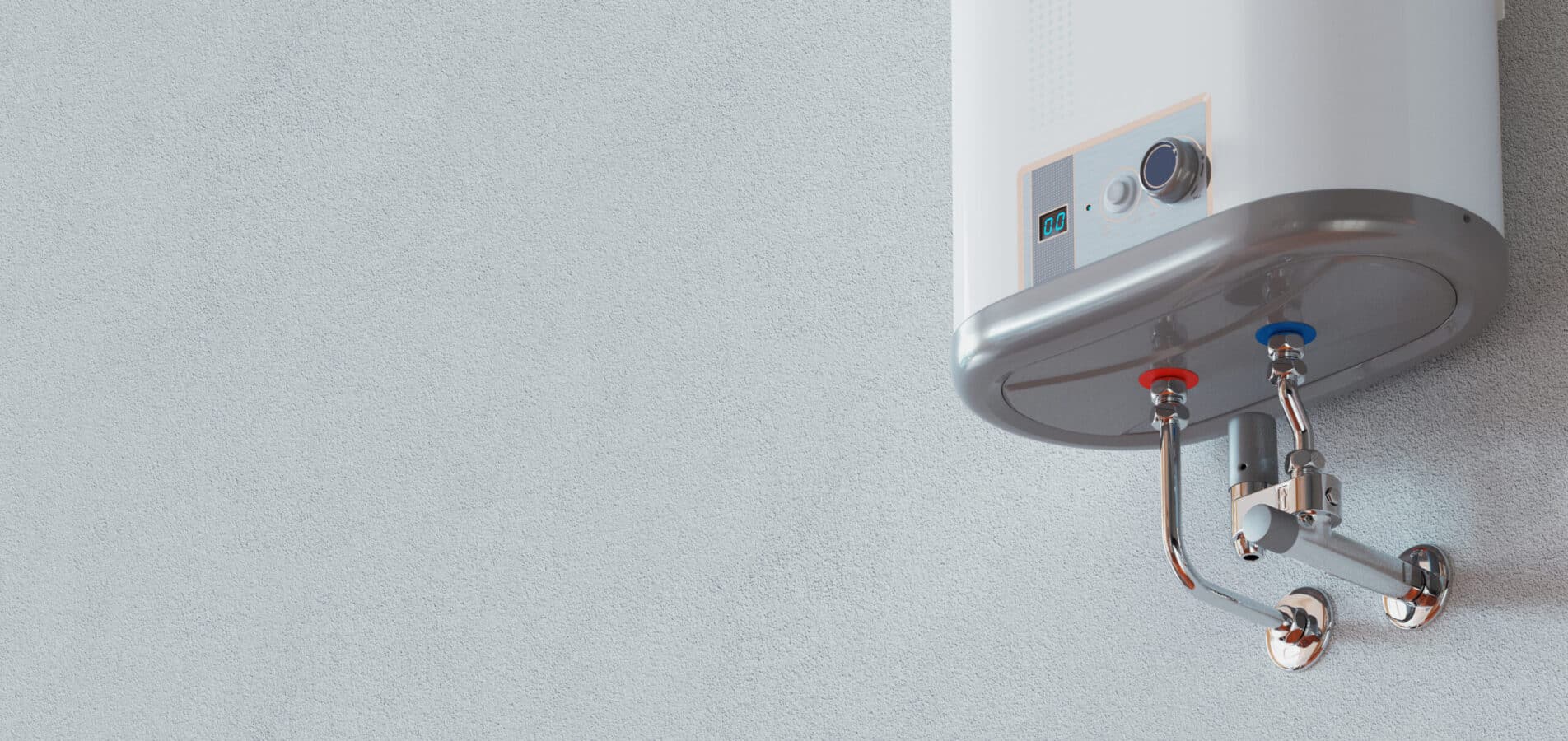ABOUT THE AUTHOR
Max Rose
Max Rose is the owner of Four Seasons Plumbing, a plumbing company in Asheville, North Carolina.

A quality water heater is designed to last approximately a decade before being replaced. Of course, this is simply an estimate, the actual lifespan of your home’s water heater may be shorter or longer depending on your home’s water quality, the surrounding climate, and how well your unit is maintained throughout its life.
While there is little that you can do to control the climate in your location, you can take steps to improve the water quality by installing and using a water softener. That being said, regular maintenance and timely water heater repairs are the most effective ways to extend the life of your appliance.
So, how do you know when it is time for a professional water heater repair? Be on the lookout for these telltale signs that your water heater is dying, and it is time to call in professional plumbers. If you live near Asheville and think it is time for a water heater repair or replacement, call our local plumbers today!
Are you noticing pools of water around the base of your water heater? Is the surrounding floor or wall adjacent to the heater damp? Either of these scenarios indicates that your water heater is leaking or seeping water and is likely in need of a professional repair or replacement.
During the regular course of use, the metal tank of the water heater expands and contracts as the temperature, both inside and outside, fluctuates. This can eventually lead to the deterioration and weakening of the tank walls and/or the connections to the incoming and outgoing pipes. As these areas break down, water may begin to seep or leak out of the appliance.
Depending on the makeup of the water in your specific locale, you may experience a significant amount of mineral build-up in your water heater. As the minerals are exposed to the high temperatures inside your water heater, they can create a low rumbling sound, or you may hear them popping. If you are hearing these sounds emanating from your water heater, it is a good indicator that there is significant mineral scaling building up inside your tank. A professional plumber may be able to remedy the situation by flushing out the water heater. However, this is only a temporary fix. Eventually, you will need to budget for a water heater replacement.
Visible rust accumulating on the outside of the water heater tank or around the incoming and outgoing pipe connections is a solid sign that your water heater is beginning to corrode. This is a normal sign of aging; however, it is an indicator that your water heater has reached its maximum life expectancy and should be replaced before the metal connections fail or the tank ruptures.
As your water heater ages, it may struggle to produce consistent streams of heated water. It is not uncommon for homeowners to experience a sudden burst of cold water in the midst of a hot shower, followed immediately after by a sudden surge of piping hot water. Professional plumbers refer to this as a “cold water sandwich,” and it is a frequent phenomenon when your water heater is dying. If you are experiencing fluctuations in water temperature from your home’s faucets, it is definitely time to call out the pros for a water heater repair or replacement.
As your water heater begins to struggle, you may notice a significant drop in the overall water temperature in your home. The heating element inside your water heater may have ceased to function properly, and your unit may be capable of warming the water in the tank sufficiently to supply adequate hot water throughout the home. Suppose you haven’t made any adjustments to the temperature settings of your appliance, yet the water temperature has dropped significantly. In that case, you should consider having a professional plumber out to inspect your water heater to determine if a repair or replacement is warranted.
In this scenario, you may still have hot water flowing from all of the taps in your home. The temperature is adequate and consistent, but the hot water doesn’t seem to last as long as it once did. This means that if your hot water once supplied adequate hot water for the entire family to take hot showers consecutively at any time of the day, suddenly the water has gone ice cold after one shower, or worse, there is no longer enough hot water to complete a quick shower. As your water heater ages, the heating element is also aging. The heating element may still be functioning but can no longer heat an entire tank of hot water. Additionally, your water heater tank walls may no longer be capable of retaining the heat in the stored water as well.
While there are many scenarios where water heater repairs will resolve the issue and restore the hot water in your home, in this case, it is generally time to consider having your water heater replaced.
Regardless of your water heater’s age, if you are experiencing any of the scenarios described in this post, it is time to have a professional plumber take a look at our water heater to determine the cause. Many of the scenarios described above can be remedied with a few simple water heater repairs. In some cases, a full water heater replacement may be needed.
Are you ready to resolve your hot water woes today? We are always prepared to help. Residents living in Asheville, NC, or any of the surrounding areas can reach out to Four Seasons Plumbing at any time. Help is never more than a phone call or an email away! Contact us today!
ABOUT THE AUTHOR
Max Rose is the owner of Four Seasons Plumbing, a plumbing company in Asheville, North Carolina.